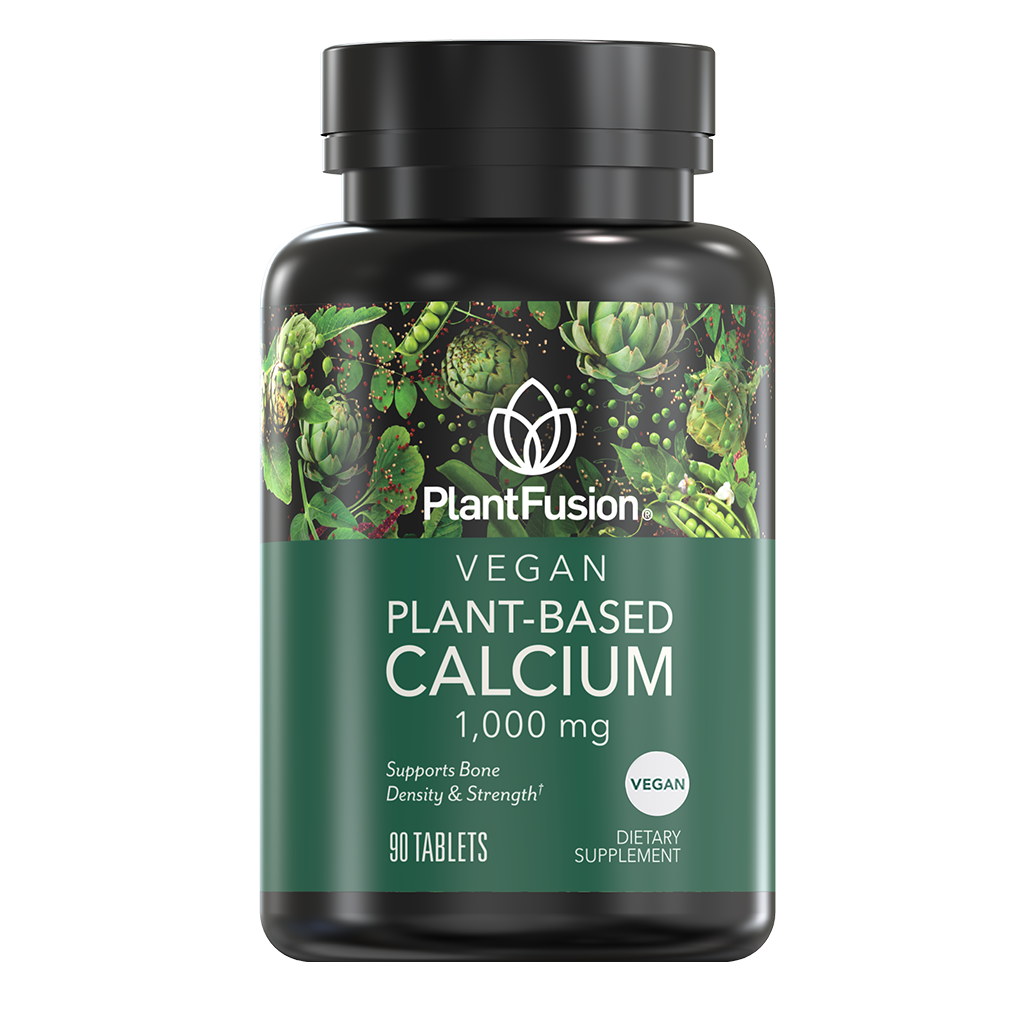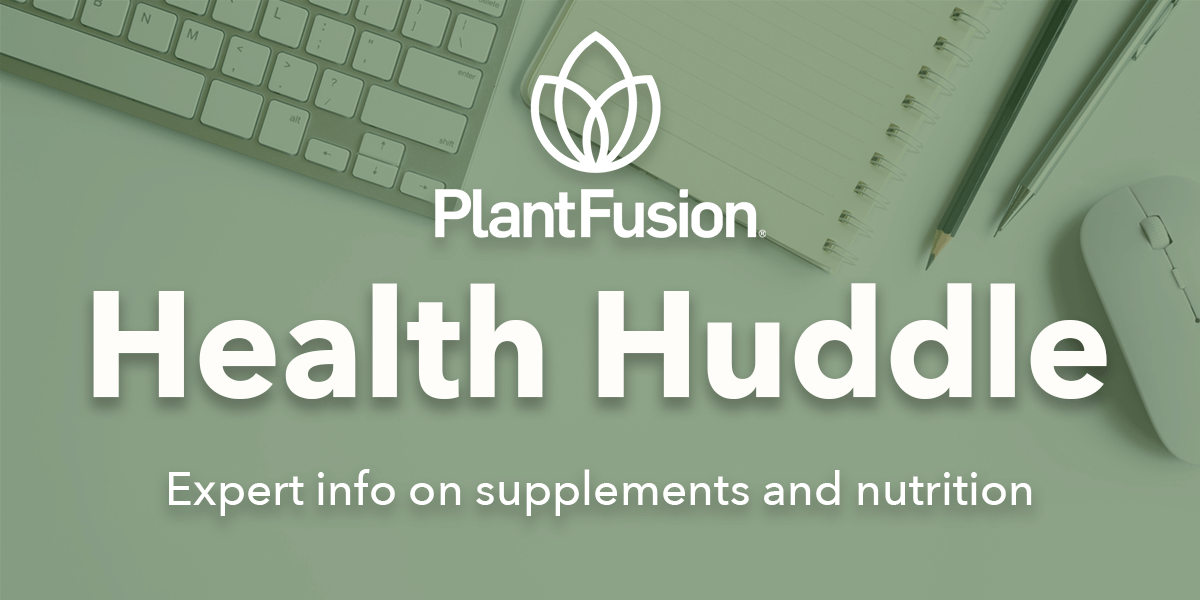You might think that protein shake you’re drinking is a healthy choice. However, certain ingredients in some shakes could be counterproductive to your health. Depending on the type of proteins and ingredients being used in these shakes, you could unintentionally be introducing inflammation into your body. And as you know, inflammation in your body is detrimental to your health.
Protein shakes have been around longer than many people realize. In the 1950s, bodybuilders decided to adopt the diet of the ancient athletes from Greece, and add protein to their diets. Pioneer Bill Hoffman, going on very little research, created Hi-Proteen, which used soy flour and an unadulterated amount of sweetener.
By the 60s, research on proteins and amino acids was increasing, and new products were introduced. Egg protein became a popular ingredient, which is now recognized as an allergen that also can cause high cholesterol and digestive problems. Soy also continued to be used regularly, with new formulas developed and more research done. Again, while effective, there were still drawbacks.
Whey protein was created in the 80s and 90s, and swiftly grew in popularity, partially due to its affordability and the fact that it was more easily digested than egg protein. That said, while whey protein improved on taste, affordability, and digestibility, it still comes with its own issues; most notably as an allergen.
➤ CLICK HERE to check out PlantFusion's Ultimate Guide to Plant-Based Protein
Understanding Your Body’s Inflammatory Response
When you ingest a protein that your body is sensitive to, it reacts by releasing immunoglobulin E antibodies. When this happens, the antibodies tell your body’s white blood cells to start producing histamine to protect your body from infection. However, too much histamine can be released into your soft tissues and cause your blood vessels to dilate. When this happens, you get increased blood flow, irritation, and inflammation.
Impacts of inflammation
Inflammation from a whey protein can affect your body in several ways. Some common symptoms of whey sensitivity include:
- Skin issues; redness, breakouts, itchiness, chronic eczema
- Hives
- Bloating or fluid retention
- Stomach cramps or gas
- Nausea, diarrhea, or vomiting
In your respiratory system, you could have:
- Sinus inflammation that causes a runny or stuffy nose, sinus headache or facial pressure or tenderness.
- Asthma-like symptoms like wheezing, coughing, shortness of breath or chest pain.
But most importantly, increased inflammation in your body can contribute to more serious problems like:
- Cancer
- Heart disease
- Stroke
Whey Protein Packs The Kind of Punch That Can Hurt
If you have ever suffered from a sensitivity to dairy or know someone that is, you are probably familiar with how the body can react to cow’s milk. Someone who has this sensitivity could experience difficulty breathing, hives or digestive problems when drinking milk or when ingesting products made with milk. These symptoms are triggered by an allergic reaction to whey and casein proteins that are in the milk. The body responds to these proteins with an inflammatory response. The problem with protein powders or shakes that contain whey protein is that it is at a more concentrated level than what would normally be found in milk.
Does Your Body See Whey as the Enemy?
The other issue with whey protein is that there are different types being used in protein products. As the most processed from, whey protein isolate promotes inflammation in the digestive tract. The majority of whey protein supplements on the market contain this isolate and also contain ingredients that promote inflammation, including GMO corn, soybean oil, and artificial ingredients.
Even if you’ve had no previous sensitivity to cow’s milk, you could find yourself suffering from inflammation symptoms from your whey protein powder or shake. And of course, you might not fully realize this at first until it starts to get out of control
Plant Proteins for Lower Levels of Inflammation
Just like the water in a swimming pool or fish pond, your body has a pH level that should be maintained. Having a slightly alkaline range around 7.30 to 7.45 on the pH spectrum is optimal for good health. Animal-based proteins, like whey protein, tend to be more acidic than plant-based sources. When your body is too acidic, you are at higher risk for inflammation issues. Common diets, high in acidic foods throw off your body’s pH balance.
Your body has the ability to self-regulate pH within a tight range. The concern is that our dietary choices could be causing our body to work overtime in order to reach that balance. When your body’s pH is too acidic due to stress and a bad diet, it can experience short-term symptoms like sleep disruptions and headaches to longer-term and reoccurring problems that include many of the issues mentioned above. In fact, chronic fatigue and weakness is a sure sign that something is not right within your body, as it could be in indication that your body is robbing important nutrients like calcium from bones and organs and forcing the kidneys to work overtime.
Going a step further, if you’re body starts to lose the inflammation battle, it can lead to numerous health issues, including:
- Joint pain and weakness
- Dry skin
- Yeast infections
- Decreased immunity
- Fatigue and energy loss
- Damage to arteries
Research has shown that plant-based proteins from wholefood sources, like the yellow pea, algae, chickpea and ancient grains contribute to lower levels of inflammation in the body. And they do this by helping balance out your body’s pH levels to a healthier alkaline state because they are naturally alkaline.
Enhanced Benefits of Plant-Based Sourced Proteins
As if lowering the body’s inflammatory response weren’t enough, let’s consider the benefits of wholefood plant-based protein sources:
- Peas contain many amino acids that help with muscle recovery after workouts. As a protein source, pea protein matches dairy-based proteins in helping you feel fuller for a longer time.
- Spirulina from algae is high in protein, vitamins, and minerals. It contains six times the protein of tofu, 39 times the amount of iron found in spinach and almost three times the antioxidants found in blueberries.
- Quinoa has been called the superfood of the future because it’s a complete protein source and extremely nutrient dense. It’s naturally gluten-free and has twice as much fiber than other grains.
- Flax seeds aren’t just a great source of protein, but they also contain a high amount of omega-3 fatty acids. Omega-3s are important for heart-health and help support weight loss.
Do What’s Best for Your Body!
If you had the time and energy to carefully craft your own diet, you would probably try to swap out inflammatory foods with nutrient-dense foods that promote a better balance. Here are three simple things you can try for free right now and start feeling the difference!
- Choose a complete plant protein instead of whey. Try our Complete Protein free!
- Choose tea instead of coffee. If you haven’t tried Matcha green tea, here is a great organic sample that you can try for free.
- Choose plant-based foods instead of meat/dairy at least one meal per week. PlantFusion's Complete Meal is a great meal replacement alternative that provides all of the nutrients you need in a complete meal.














